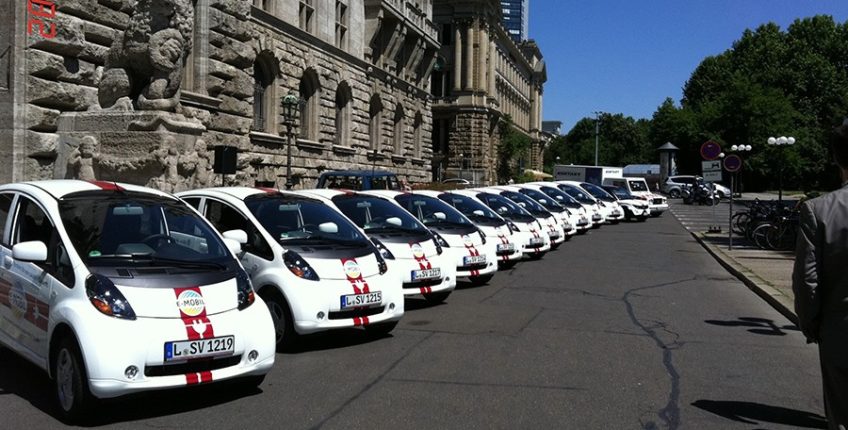- The production vehicles’ suitability for everyday use in the areas of reliability, user satisfaction and environmental compatibility was proven.
- With the conversion of individual vehicles to lithium-ion batteries and the enhancement of the battery management system, increases were achieved in performance and range.
- Regulatory decision makers in the model region’s local authorities were made more aware of the issue of electromobility and it was possible to channel the set-up of the public charging infrastructure into one process.
- The power grid measurements (energy balance, stand-by losses) and studies show that with a low percentage of electric vehicles no supply bottlenecks or performance limitations need be foreseen in the electricity supply networks.
- As part of the accompanying research, surveys were carried out with potential market partners, customers and users. The results show that the press and publicity work done succeeded in raising perception and acceptance of electromobility. As business users, fleet operators want an electric vehicle with a range of approx. 200 km and the certainty of being able to recharge at any time within a reasonable radius; plus they are prepared to pay a maximum of 10 % more than for comparable conventional vehicles and are interested in leasing models. Based on the results, a market strategy was developed.
Funding Code
03KP573A-G
